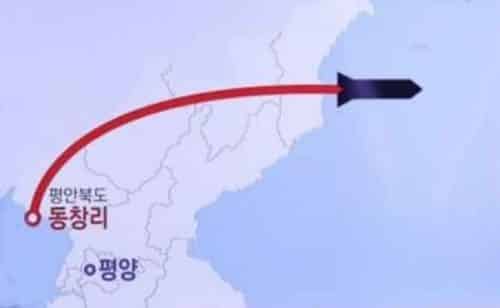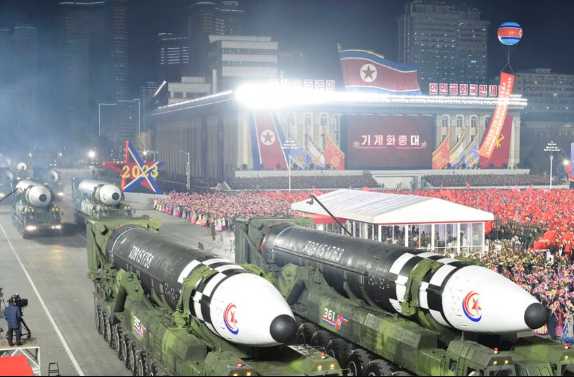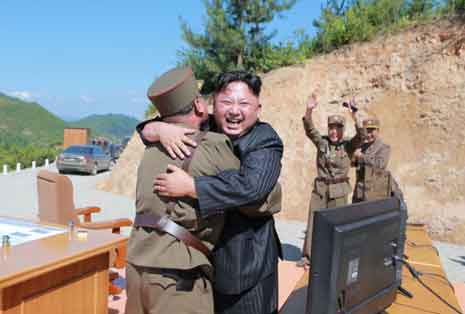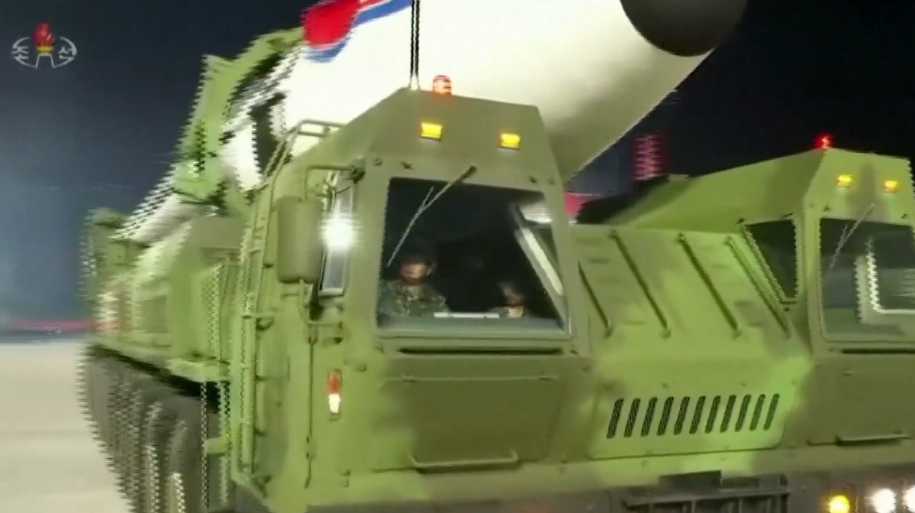 UNITED NATIONS — The United States accused North Korea on Monday of using the prohibited launch of a military spy satellite to try to advance its nuclear weapons program, a charge Pyongyang denied.
UNITED NATIONS — The United States accused North Korea on Monday of using the prohibited launch of a military spy satellite to try to advance its nuclear weapons program, a charge Pyongyang denied.
“The DPRK is unabashedly trying to advance its nuclear weapons delivery systems by testing ballistic missile technology in clear violation of this council’s resolutions,” U.S. Ambassador Linda Thomas-Greenfield told council members, using the abbreviation for North Korea’s formal name, the Democratic People’s Republic of Korea.
Pyongyang is prohibited by several Security Council resolutions from carrying out nuclear or ballistic missile activity. Thomas-Greenfield noted that North Korea has launched three Satellite Launch Vehicles this year and 29 ballistic missiles, including four intercontinental ones.
The United Nations said North Korea issued a pre-launch notification to the Japanese Coast Guard about its space launch vehicle but failed to issue airspace or maritime safety notifications to international sea and air organizations about its November 21 launch, which flew directly over Japan.
“The DPRK’s launches represent a serious risk to international civil aviation and maritime traffic,” U.N. Assistant Secretary-General Khaled Khiari said in his briefing.
Japan’s envoy condemned Pyongyang’s “appalling” and “reckless behavior.”
“The international community must express grave concern over such an irresponsible act by North Korea and take decisive action to address it,” Ambassador Kimihiro Ishikane said.
South Korea’s envoy said the launch was far from peaceful, as its northern neighbor claims.
“Any launch that uses ballistic missile technology, regardless of its success or payload, can contribute to the further advancement of ballistic missile technology, in particular ICBMs capable of delivering nuclear weapons,” Ambassador Joonkook Hwang said.
North Korea’s envoy defended the launch.
“It is a legitimate and righteous exercise of the rights to self-defense, which fully belongs to the legal sphere of our self-defense,” Ambassador Kim Song told the council.
He attributed North Korea’s need for such technology to the United States’ “hostile policy” toward his country and its joint military exercises with Japan and South Korea.
Washington has repeatedly offered to open talks with Pyongyang without pre-conditions.
“The DPRK can choose the time and the topic, but the DPRK needs to make that choice,” Thomas-Greenfield said on Monday.
China’s deputy envoy said if Washington is sincere about talks, it should build trust and stop engaging in “pressure tactics” such as the joint military exercises.
The council last adopted a sanctions resolution on North Korea in 2017. Russia and China have used their veto or the threat of it to prevent further council action.
Several council members also expressed concern about reported military cooperation between North Korea and Russia.
Thomas-Greenfield said U.S. information indicates that Pyongyang has provided Russia with more than 1,000 containers of military equipment and munitions for its war in Ukraine.
[content id=”52927″][content id=”79272″]








